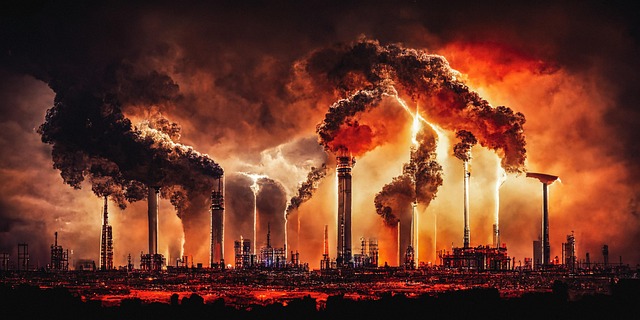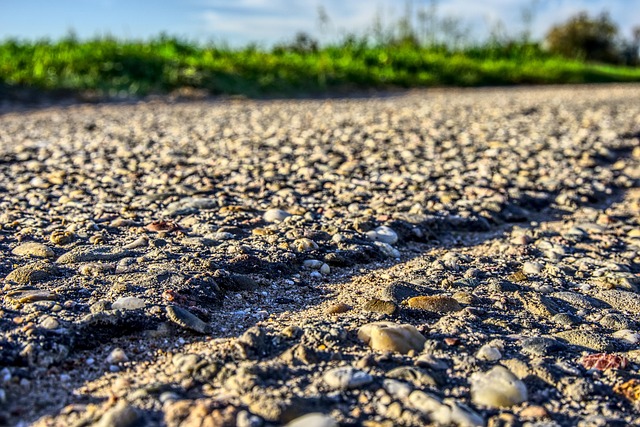In the fight against climate change, we often highlight the catastrophic effects on ecosystems, weather patterns, and wildlife. However, an insidious yet equally damaging consequence surfaces when extreme weather events collide with the realities of soil pollution. This critical intersection not only threatens the earth’s vitality but also jeopardizes our health and future.
Soil pollution primarily stems from the overflow of industrial waste, excessive use of chemicals in agriculture, and inadequate waste management practices. Heavy metals, pesticides, and other contaminants seep into the ground, altering its very composition. The grave implications become starkly evident during extreme weather events, such as heavy rainfall or severe droughts, which can exacerbate soil degradation and contamination, casting a shadow over the land we rely on.
When storms unleash torrents of rain, polluted soil can lead to runoff, transporting harmful substances into rivers and oceans. Such pollution not only endangers aquatic life but also disrupts the delicate balance of entire ecosystems. This cycle of contamination does not simply disappear; it lingers, creating a ripple effect that can last for generations.
Similarly, in the face of drought, soil compaction and erosion can increase, pushing contaminants further into the ground. As plants struggle to thrive in increasingly poor soil conditions, the nutritional quality of our food declines. Consumers may find themselves unwittingly ingesting toxins, as crops absorb these pollutants. Thus, what was once a bountiful harvest can become a breeding ground for health issues, presenting an unseen danger on dinner plates across the globe.
Addressing soil pollution becomes even more urgent as extreme weather events grow more frequent and severe, a stark reminder of the climate crisis we are currently experiencing. Nature desperately seeks equilibrium, yet human actions have introduced chaos that it cannot regulate alone. To combat these effects, it is imperative we reform our agricultural practices, promote sustainable waste management, and advocate for reduced emissions. After all, clean soil is not just an environmental necessity, it is crucial for human survival.
The responsibility lies within each of us—engaging in dialogue, shifting our habits, and nurturing the soil as if our lives depend on it. Because they do. Understanding the intertwined fate of our soil and climate not only empowers us but also fosters a deeper respect for the planet we inhabit. We are at a critical crossroads; recognizing the devastating influence of soil pollution amid extreme weather could very well determine the condition of our world for years to come.




